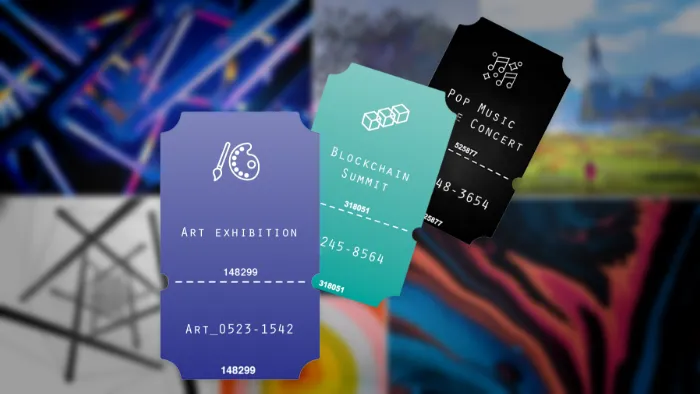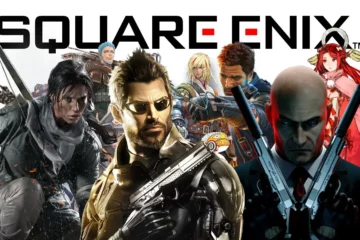The NFT space has had a profound impact on the arts, branding and gaming industry in recent times, but the next best use case could come from the ticketing world, experts say.
NFTs initially gained ground among top sports clubs but broke into the mainstream after digital artist Beeple’s artwork was sold as an NFT for over $69 million. The Beeple event attracted worldwide attention and was a breakthrough in the NFT ecosystem.
The NFT ecosystem has grown rapidly and now many clothing brands, celebrities, sports stars, gamers and many influencers are involved in the NFT space. While many were skeptical of the meteoric rise of NFTs, the space has solidified its position by expanding beyond mere digital art.
Read Also: Celebrities Invest $4 Million In Afterparty NFT
The gaming industry is another key industry that NFTs have had a significant impact with, as early as 2021, P2E games and integrated NFT rewards have become more popular. And even the gaming industry has gone beyond mere entertainment in this way . For example, the game Axie Infinity has become an official source of income for most people in Vietnam, and market experts predict that within 10 years, most video games will switch to P2E models.
However, there are still some industries where NFTs are just getting started. A prime example is the ticketing industry, which is looking to reorganize and adopt NFT technologies.
Experts recently shared how NFTs can impact the ticketing industry. While the industry has rapidly gone digital over the past couple of years due to the pandemic , it is largely centralized, which is fueling the underground market to skyrocket.
In today’s world, tickets to any major concert or event are bought up in advance by ticket lovers, which are then sold at inflated prices in these markets in a practice known as scalping. In many cases, scalpers even sell fakes, with no way for buyers to verify the authenticity of tickets before buying.
To prevent this, NFT technology comes into play , which from the beginning of its birth involves authentication. The same mechanism can be applied by placing tickets on the blockchain, which will make it possible to verify not only the authenticity of the ticket, but also that it is being sold by a legitimate organizer.
NFT tickets also have the potential to enter the secondary market, but nevertheless the ticket always remains original . This is also a plus for event organizers. For a long time, the secondary market was not available to them because of its speculative nature.
If before, organizers, artists and fans alike suffered from ticket speculation, then NFT technologies can fix this. Artists and event organizers can create smart contracts that govern the resale of their tickets. The benefits of NFTs can range from resale royalties, capping or flooring the price, to packing all sorts of useful extras into the NFT. But most importantly, the fans are getting closer to the artists or athletes and the organizers, since now the decisions of their favorite artists or teams directly depend on them.
Experts also note that the NFT ticket can go beyond just a ticket , as it could potentially become a wallet for storing currency or a whole bag of privileges from the corresponding event. An NFT ticket can grant access to certain areas at an event or reward you with a T-shirt, burger, autographed poster, or $100 worth of purchases in the concert hall. Moreover, one such ticket can become not only a pass to the event, but also the key to the hotel room next to which the event takes place, the key to the rented car, and so on.
Mike Dragan, COO of Oveit, stated that NFT tickets are already a huge success :
“According to our data, 18% of ticketed events are using or considering using NFTs as a way to improve their fan experience. This number has increased from just 2% in July 2021. We expect this number to increase even further in the coming year as the technology is adopted and crypto wallets become more popular… We expect a similar level of adoption, albeit on a longer time scale, in the travel and hospitality industry.”
NFT ticketing is still an evolving technology, so there is plenty of room for growth . For the right decision, the ceiling is as high as the industry itself, with a projected market size of $94.27 billion by 2026, experts say.
Leading brands are beginning to understand the value of NFT technology and that it is not a passing fad. The use of NFTs in event ticketing requires educating brands on how they can use the underlying technology for more than just digital collectibles. They already have a certain degree of trust and understanding of NFT technology, and so the future of NFT ticketing seems like the next best use case.




